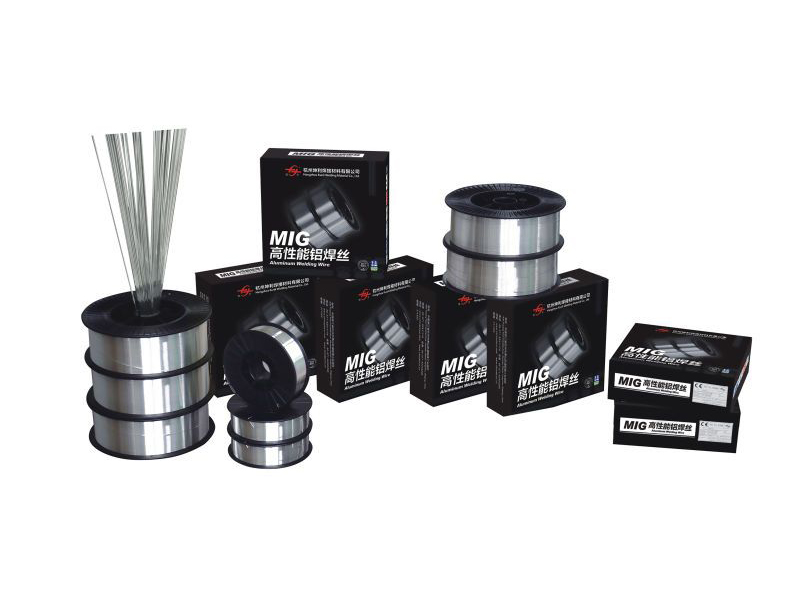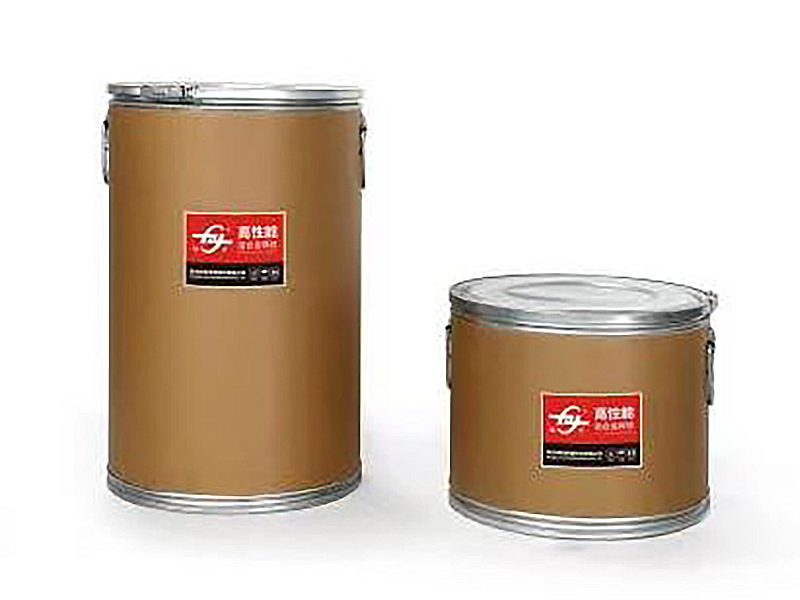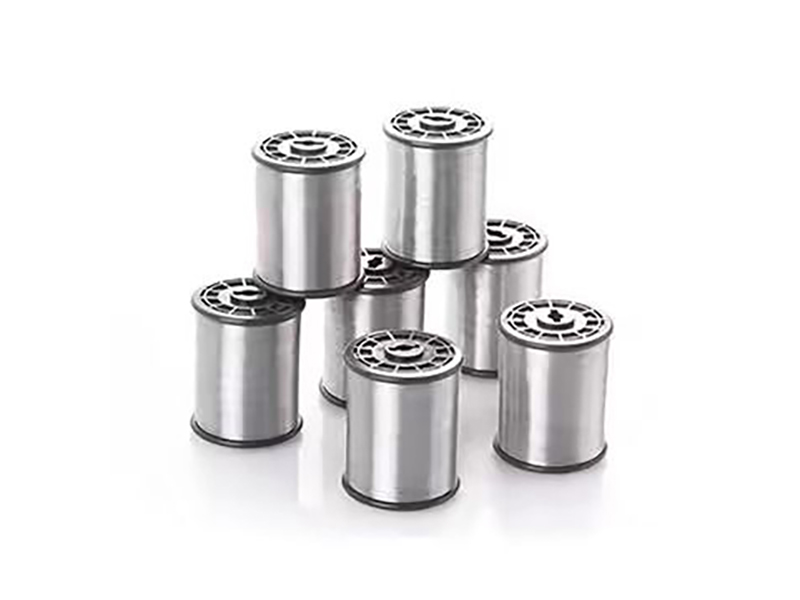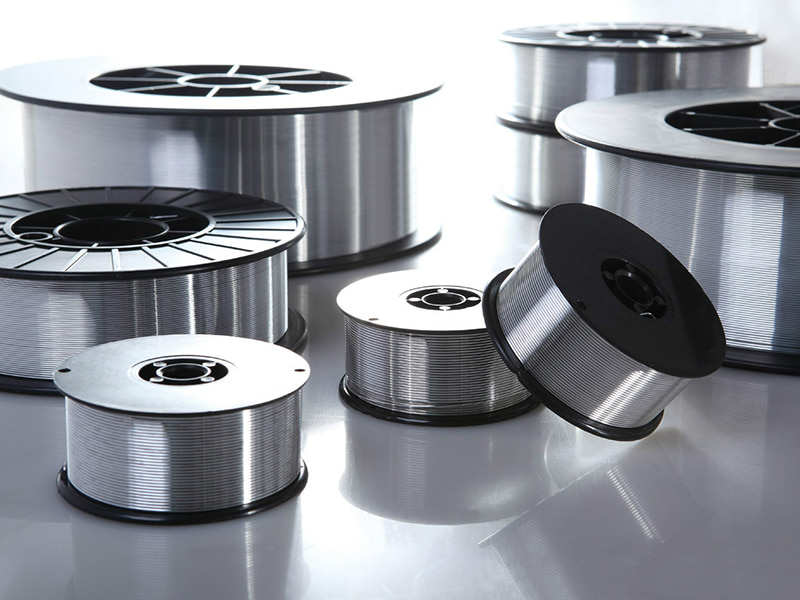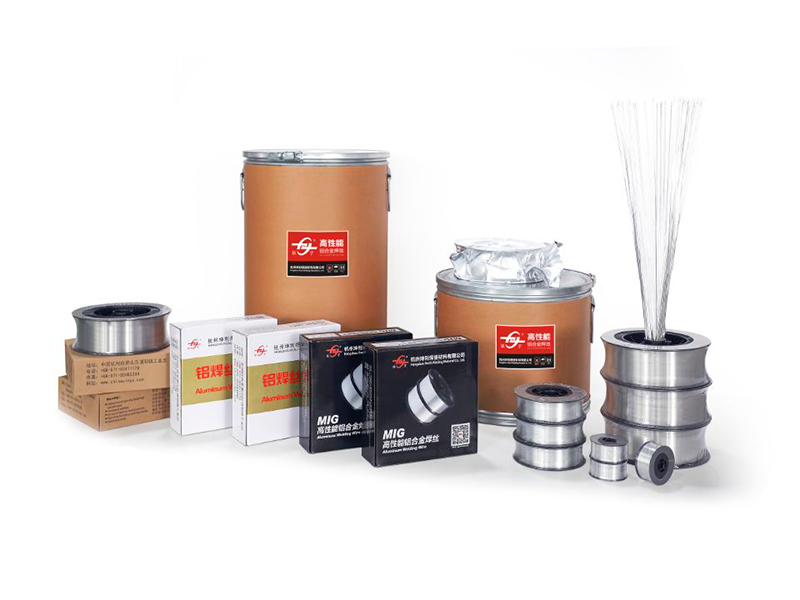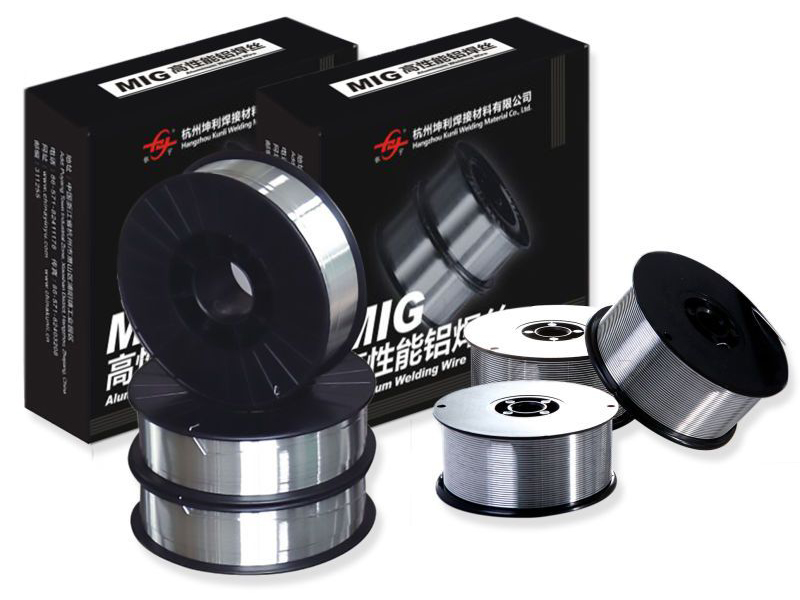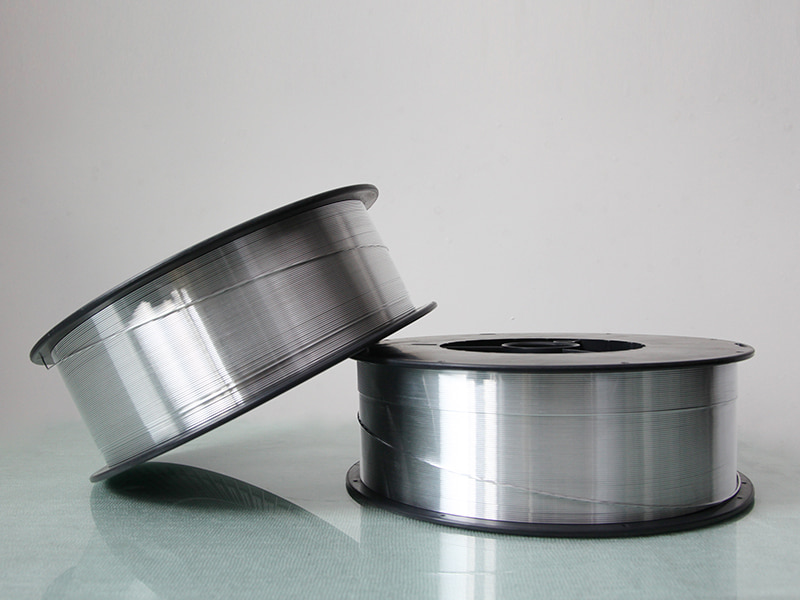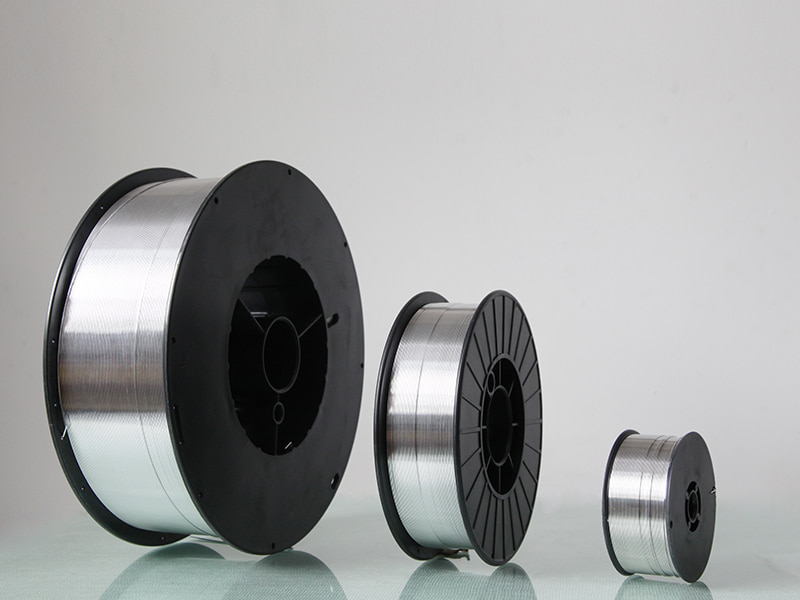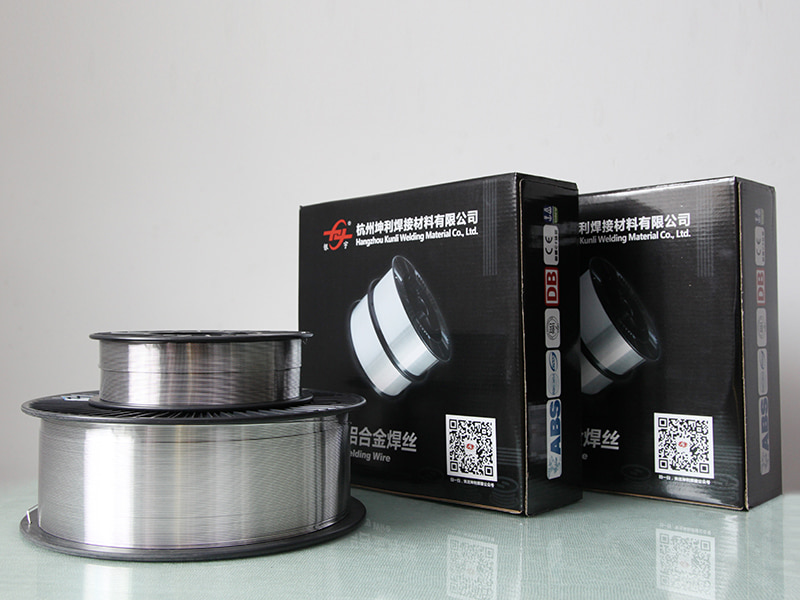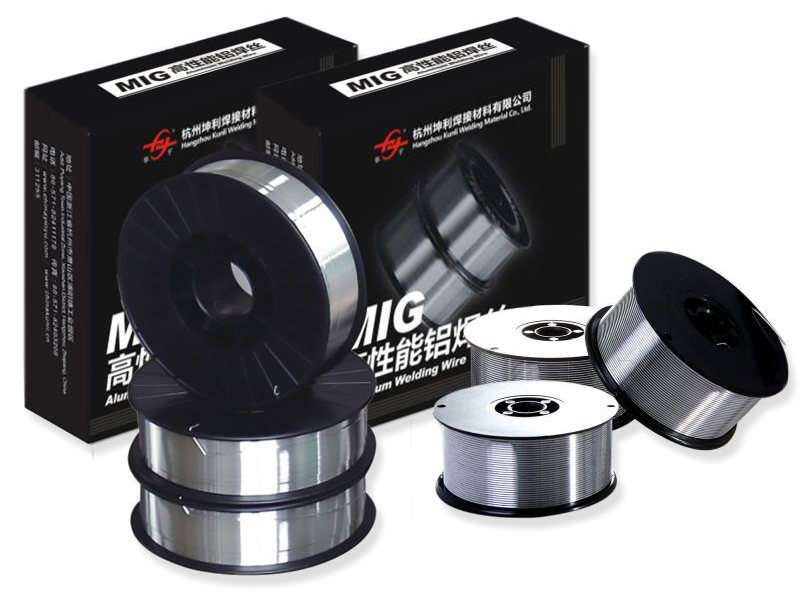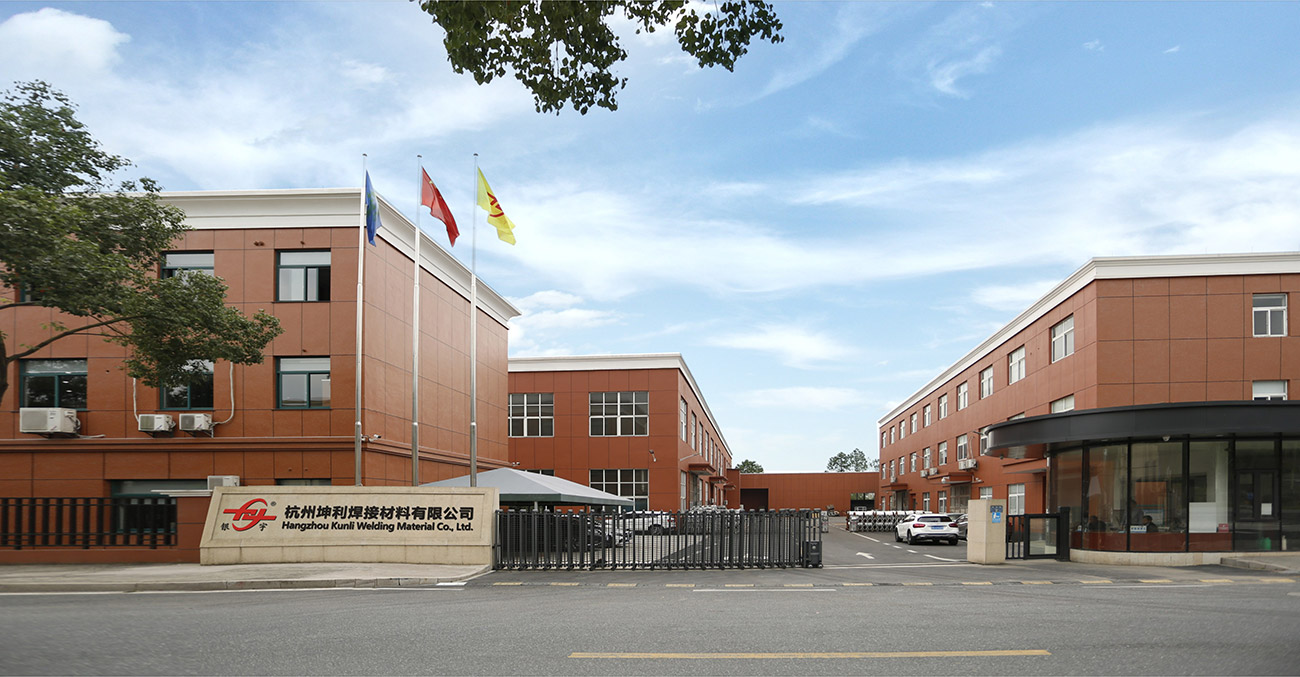Introduction
The increase in aluminum usage in vehicle construction (body panels, frames, engine components) has created a high demand for reliable, accessible repair wire. Our automotive repair wires are supplied in convenient, smaller spool sizes (ee.g., 0.5kg/2kg) and cover the most common repair alloys (ER4043 for cast/heat-treatable, ER5356 for structural). The focus is on ease of use, excellent bead appearance, and ensuring the repaired joint meets the strength and appearance requirements of collision repair standards.
Specification
| Focus | Versatility, User-friendly, Good weld bead appearance |
| Material Focus | ER4043, ER5356 (most common repair alloys) |
| Packaging | Small spools (e.g., 0.5kg, 2kg, 7kg) for low-volume users |
| Diameter | 0.8mm and 1.0mm, ideal for thin auto body sheet metal |
| Supplier | Available through regional and national welding supply dealers |
Applications
MIG welding of aluminum auto body panels and structural crash repairs.
Repair of cast aluminum engine components and transmission housings (e.g., using ER4047).
Custom fabrication of chassis components, roll cages, and performance modifications.
General repair work in auto body, maintenance, and fabrication shops.
Payment and Shipping
Distribution: Strong partnerships with distributors supplying auto body and collision repair centers.
Sales Support: Provision of technical guides and material selection charts specifically for auto body repairers.
MOQ: Flexible MOQs to support smaller welding supply stores and repair centers.
 English
English Deutsch
Deutsch
 English
English Deutsch
Deutsch

